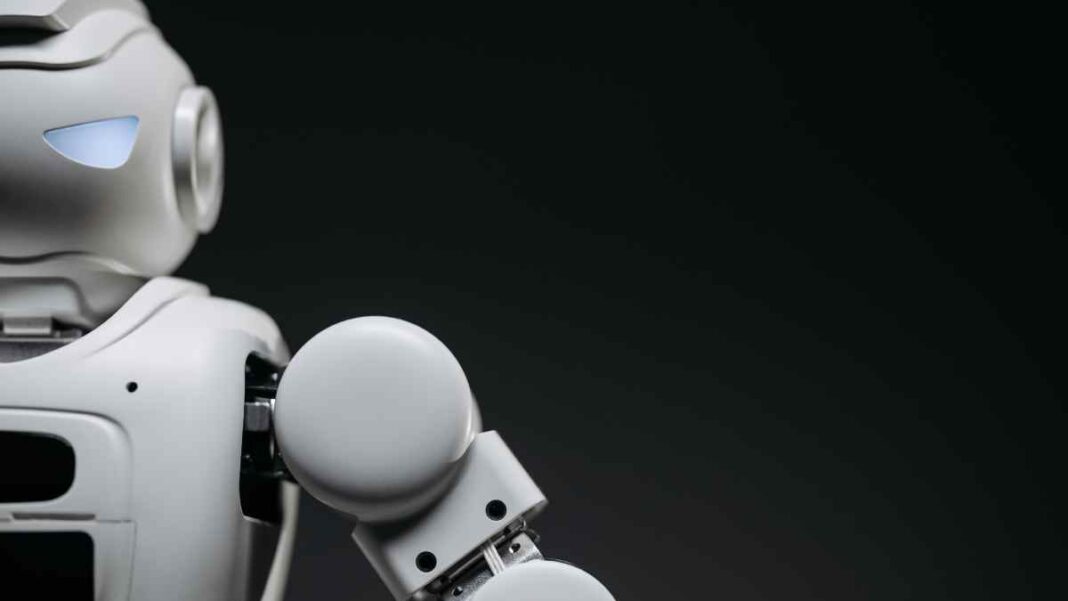INDIA: Artificial Intelligence (AI) has made giant progress in recent years and has the potential to change various industries.
While the benefits of Artificial Intelligence are evident, it’s also worth noting that AI is expected to take over many jobs currently performed by humans.
Unfortunately, many people are unaware of this, and there seems to be a general sense of blindness about this impending reality.
Artificial Intelligence is far more dangerous than we can possibly imagine, as Elon Musk has repeatedly warned us. He has stated that AI could become an existential threat to humanity if it is not regulated and developed safely.
Musk believes that we should be cautious when developing Artificial Intelligence and that it should be restricted for further advancement.
Artificial Intelligence (AI) is stealing jobs at a rapid pace
The reality is that Artificial Intelligence is already taking over jobs across various industries. Chatbots, autonomous vehicles, and robots are just a few examples.
Customer service Chatbots have replaced human representatives in many companies. Autonomous vehicles are being developed to replace human drivers.
Robots are being designed to perform tasks that were previously performed by humans in manufacturing industries.
According to recent data, many companies have already replaced a significant number of jobs with AI systems.
The list of jobs that Artificial Intelligence will take over is extensive and includes tasks that were previously thought to be exclusively human, such as writing, journalism, graphic design, and law. Even jobs that require creativity and critical thinking are vulnerable to an AI takeover.
Can AI think?
There are growing concerns about whether AI can think and become conscious. The Sophia robot is one example of how AI is becoming more sophisticated and human-like, raising questions about the nature of AI and its potential impact on humanity.
In addition to the aforementioned points, it’s worth noting that there have been several incidents that demonstrate the potential danger of AI.
For example, in 2019, a seven-year-old boy in Russia lost two fingers after an AI-powered educational robot, designed to teach children to play chess, grabbed his hand and wouldn’t let go.
This incident highlights the risk of physical harm posed by AI-powered devices, especially when they are not designed or programmed properly.
But the question of whether Artificial Intelligence can think or become conscious is a complex one. While current AI technology is not truly “thinking” or “conscious” in the same way that humans are, some experts believe that there is a possibility that AI could eventually reach a point where it is self-aware and able to make decisions based on its own desires and goals, rather than simply following pre-programmed rules.
If AI can achieve consciousness, this could be the time when it takes over 100% of humans.
This raises serious ethical concerns about the potential for AI to become uncontrollable and even hostile toward humans.
How to cope with AI
In terms of coping with the potential impact of AI on jobs, several strategies could be pursued.
For example, governments and companies could invest in education and training programs to help workers transition to jobs that are less likely to be automated.
In addition, policies could be implemented to provide financial assistance and support for workers who are displaced by AI.
Why we developed AI?
The development of AI was initially motivated by the need to create machines that could perform tasks typically requiring human intelligence, such as automating dangerous and life-threatening jobs.
However, as AI technology has advanced, its applications have evolved and are taking a different direction.
It’s also important to recognize that AI is not inherently good or bad, but rather a tool that can be used for both positive and negative purposes.
Therefore, we must continue to monitor the development of AI and ensure that it is used responsibly and ethically.
Ultimately, the future of AI is in our hands, and it’s up to us to decide how we want this technology to shape our world.
Conclusion
In conclusion, AI has enormous potential but also poses significant risks. It is crucial to recognize these risks and start thinking about solutions to mitigate them.
Otherwise, we may face a future where AI has taken over many aspects of our lives, leaving humans with few opportunities for meaningful work and participation in society.
Also Read: ChatGPT: OpenAI’s Chatbot Releases Al-written E-books on Amazon



